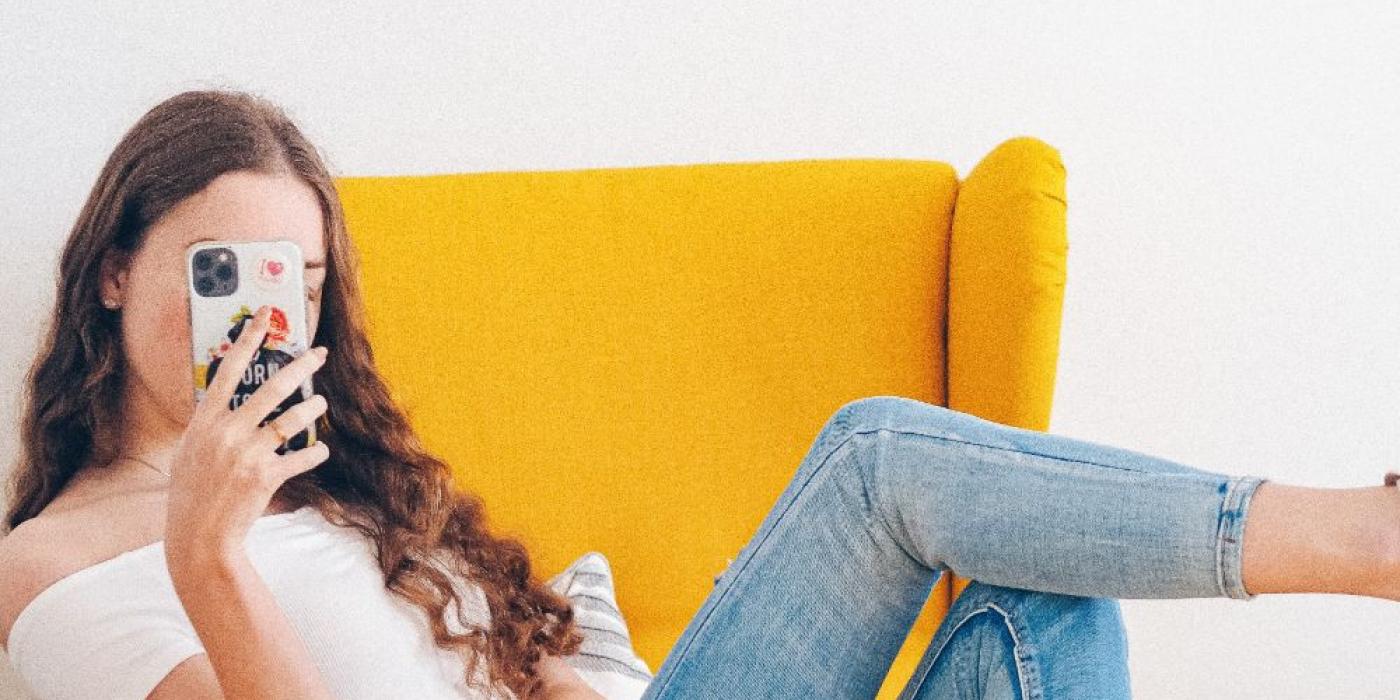
What is considered beautiful and attractive? What are the beauty trends among youth? What or who are they inspired by? Do trend-setters really look like shown on social media? Do they really have the perfect lives they portray online?
Or are those just very difficult or unattainable goals - ideals?
As social beings, we evaluate ourselves by comparing us to others. Building self-esteem is a process of constantly seeking self-affirmation and fighting against threats that would negatively affect the way we perceive ourselves. The habit of comparing ourselves to others sometimes inspires us to achieve more, but more often leads to unpleasant emotions: envy, shame, anxiety and arrogance (Rouault and Fleming, 2020).
In adolescence, the image of what is beautiful and attractive is mainly shaped by role models. Young people often seek those models in online influencers.
On social networks, we are flooded with filtered and software-altered photos of people in the most selected moments of their lives. A photo only shows what the person wants us to see, not necessarily the reality of the event or their true image. As social media users we compare ourselves to the norms, experiencing feelings of satisfaction (if we conform to the norms) or dissatisfaction (if we don’t) - which is usually the case for the majority of users (Rouault and Fleming, 2020).
The greater the gap between "how should I look" and "how I actually see myself", the more self-esteem suffers. At the same time, social media users often post photos with expectation of a certain amount of likes or approvals. Those trigger a powerful reward system in our brain that becomes the "self-value assessor" in the deepest area of consciousness, which decides whether we like our perceived image or not. This is a recipe for compulsive comparison with others, self-doubt and egocentric melodrama (Rouault and Fleming, 2020).
We can ask ourselves - when I receive likes and positive comments on a picture or post that shows a glamorized version of me, what kind of validation do I get? Can such an endorsement really have a positive effect on my self-image if I am aware that this is not my true image?
Extensive findings on youth’s mental health have shown that idealized beauty trends on social media have an extremely negative impact on self-image and how confident adolescents feel in their own skin.

Studies show that girls are extremely stressed about their appearance due to viewing perfected online posts about lifestyle or one’s look. Compared to girls, boys are significantly less concerned about their appearance, but the proportion of boys is also not negligible (Petek, 2022).
Young men exposed to social media have an increased tendency to physically objectify themselves. A study that included young men, aged 17-25, shows a significant correlation between the frequency of social media use and increased control over one's appearance, due to anxiety of non-compliance with beauty standards. This is associated with the phenomenon of idealizing a lean and muscular body, but without the aspiration and activity to move towards these ideals, leading to feelings of powerlessness and dissatisfaction with one's own body (Seekis, Bradley and Duffy, 2020).
The number of likes on a post or on a celebrity's social media profile can make a big difference to the way we see ourselves. Exposure to ideals of social media leads to greater dissatisfaction with one's appearance compared to conventional beauty norms in real life.
The gullibility and uncritical assessment of younger users towards online content (many of whom enter these digital environments before the age of 13), creates a serious problem of believing in an embellished image of life.
More than half of teenagers (52% in primary schools and 58% in secondary schools) agree with the statement that pictures of influencers and celebrities are often unrealistic and monitored to be perfect and should therefore be labeled as unrealistic. That way, adolescents wouldn’t feel bad because they do not look that way themselves (Friday, 2022).
By posting online, individuals try to get confirmation of their strengths, beauty, acquaintances, possessions, etc but the key to building self-esteem lies in the forgotten part of the equation - the individual must first be recognised and accepted in his or her weaknesses or inadequacies. Only then does a child or adolescent gain the much-needed security and stability - the necessary conditions to "‘be who I really am", for safely discovering and exploring the world and developing one's potential.
At the Logout Centre we have launched the #FilterFree initiative and created an Instagram profile under the name BrezFiltra. The aim of the profile is to allow users to post photos that haven’t been altered by software, while adding a link to the main profile in the description or tagging the profile - @BrezFiltra.
First and foremost, we appeal to the online influencers who have the biggest impact on adolescents and encourage them to show the ordinariness, perhaps the dullness and uninterestingness of their lives, so that adolescents will recognise them as people with flaws and faults.
We are inviting online influencers to share the idea of posting real photos, to tag the @BrezFilter profile and to encourage their followers to show the reality of their lives.
Instagram - BrezFiltra: https://www.instagram.com/brezfiltra.si


